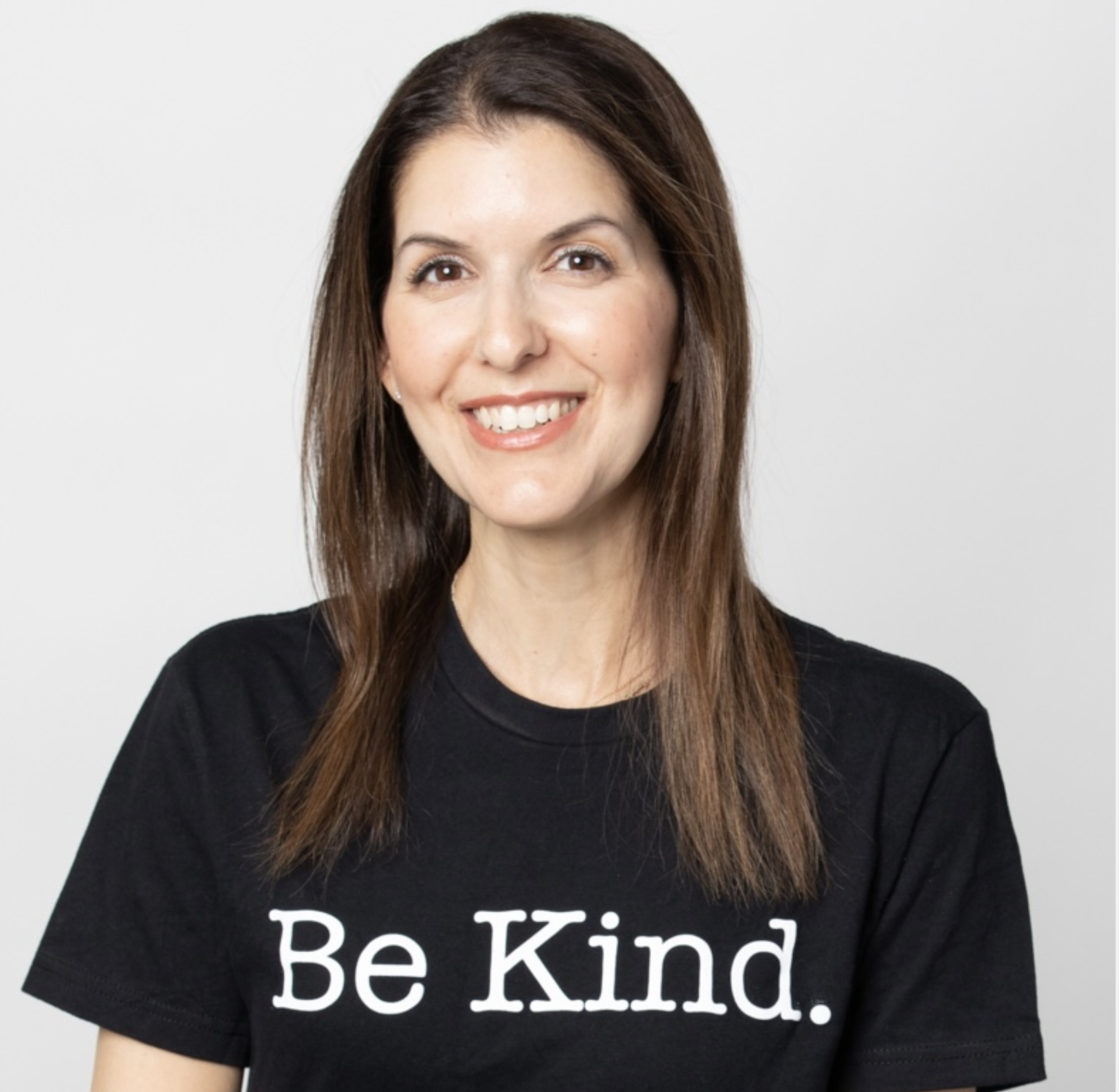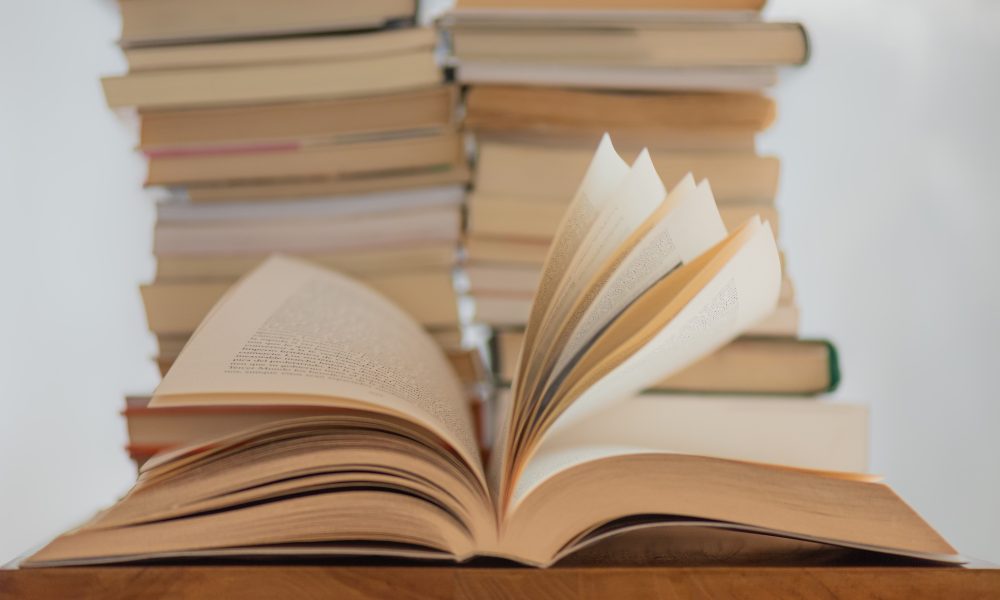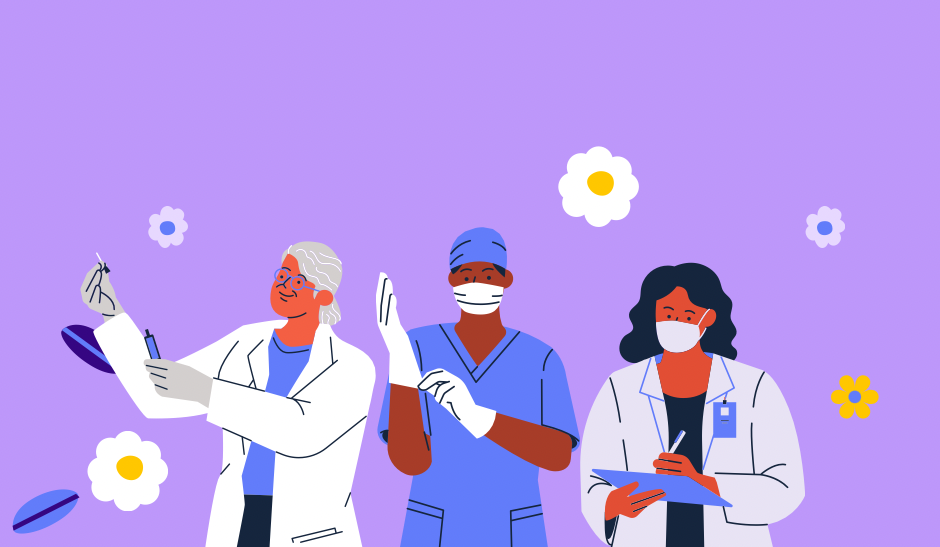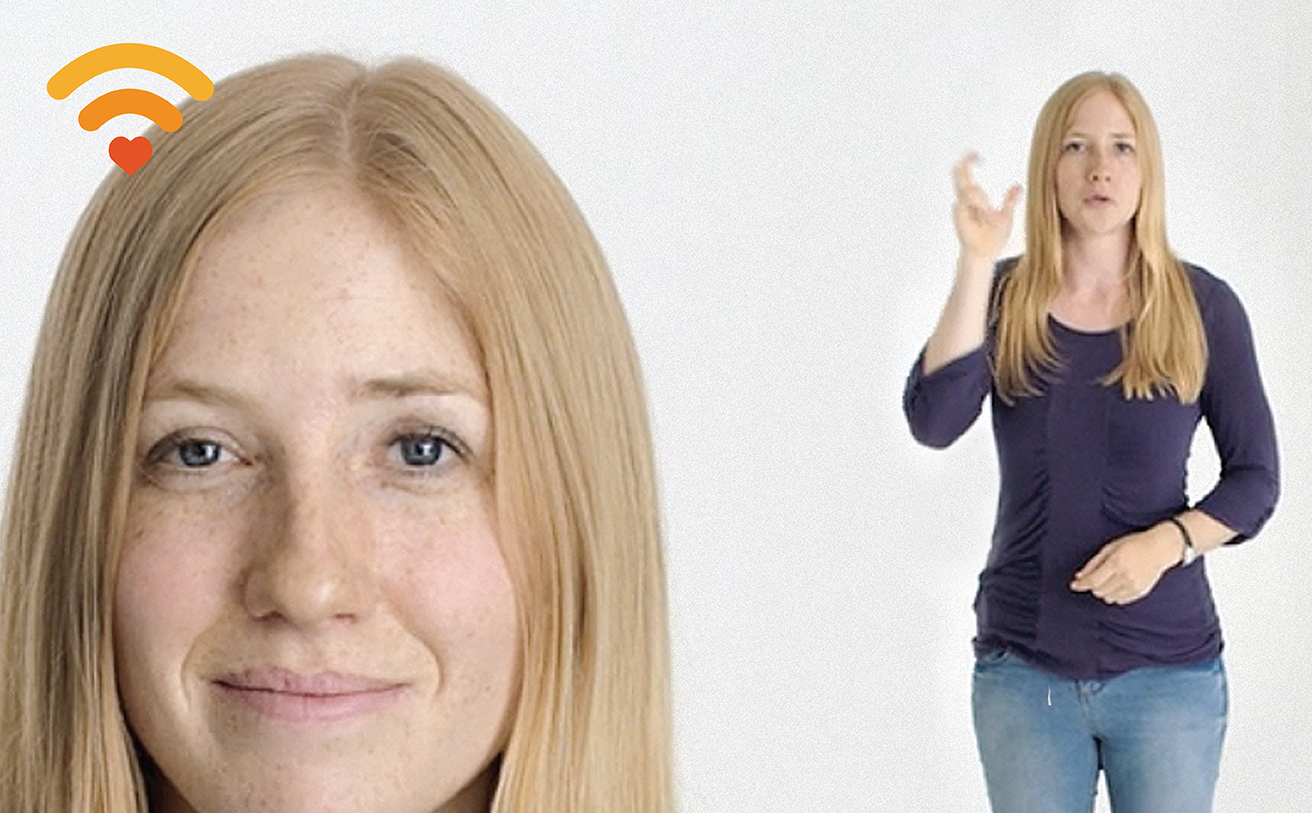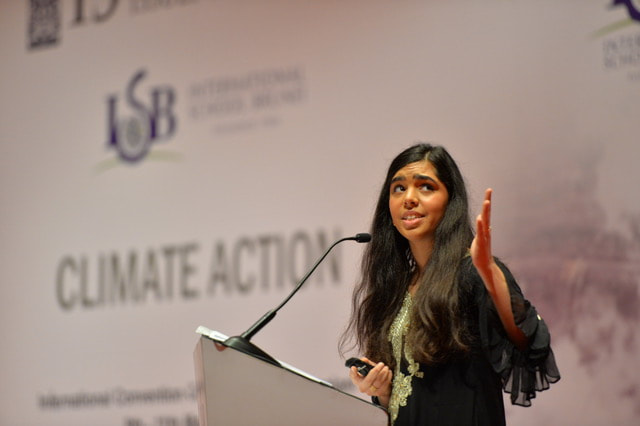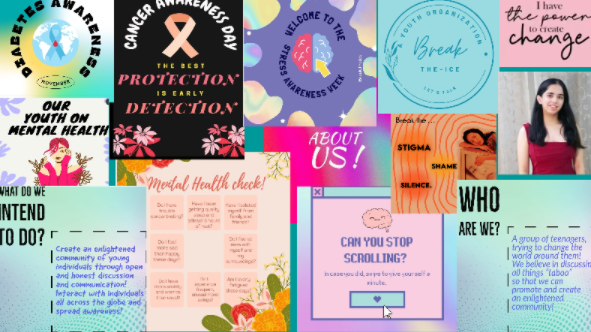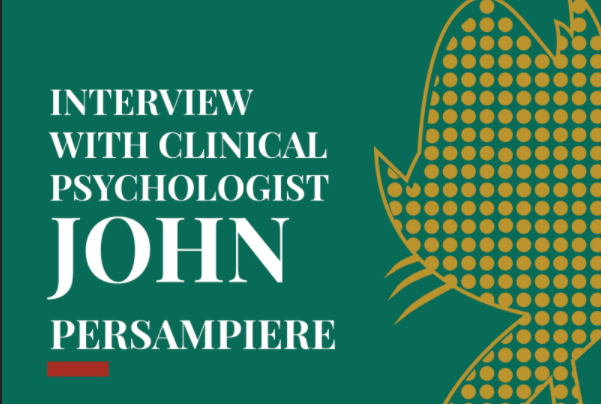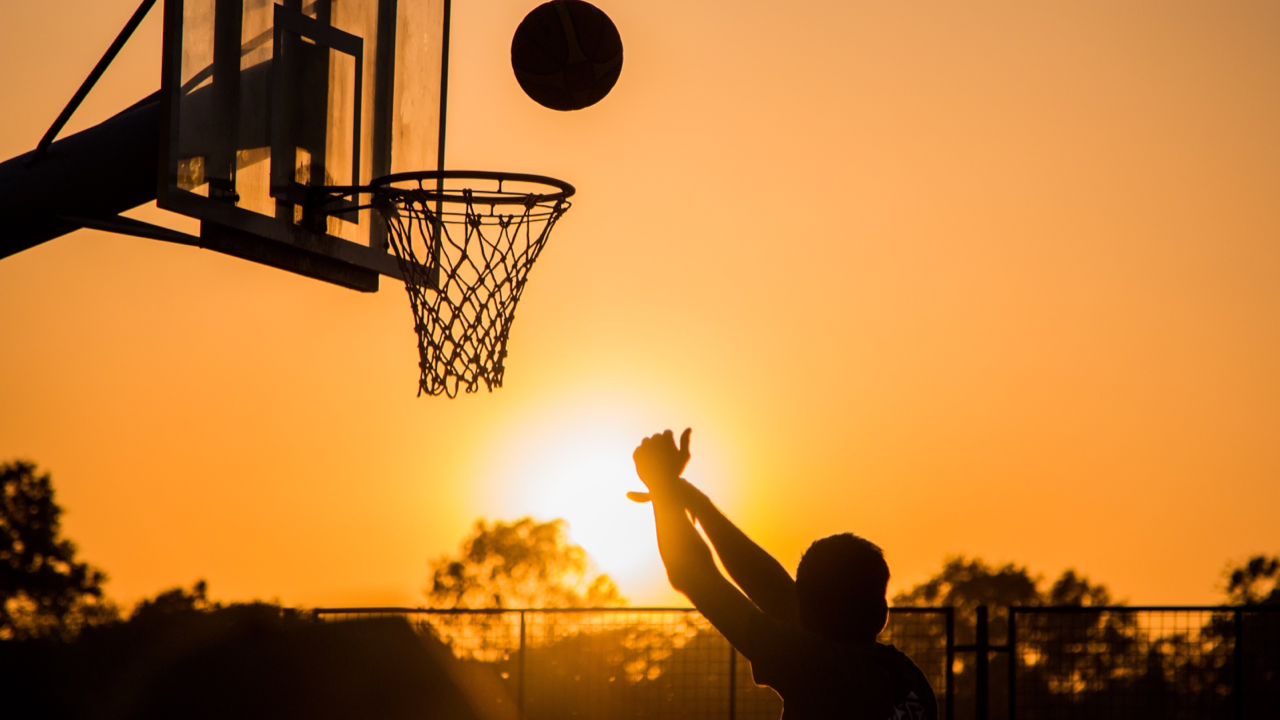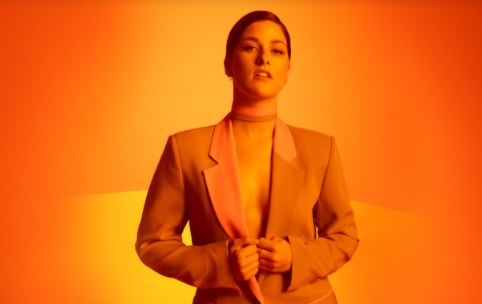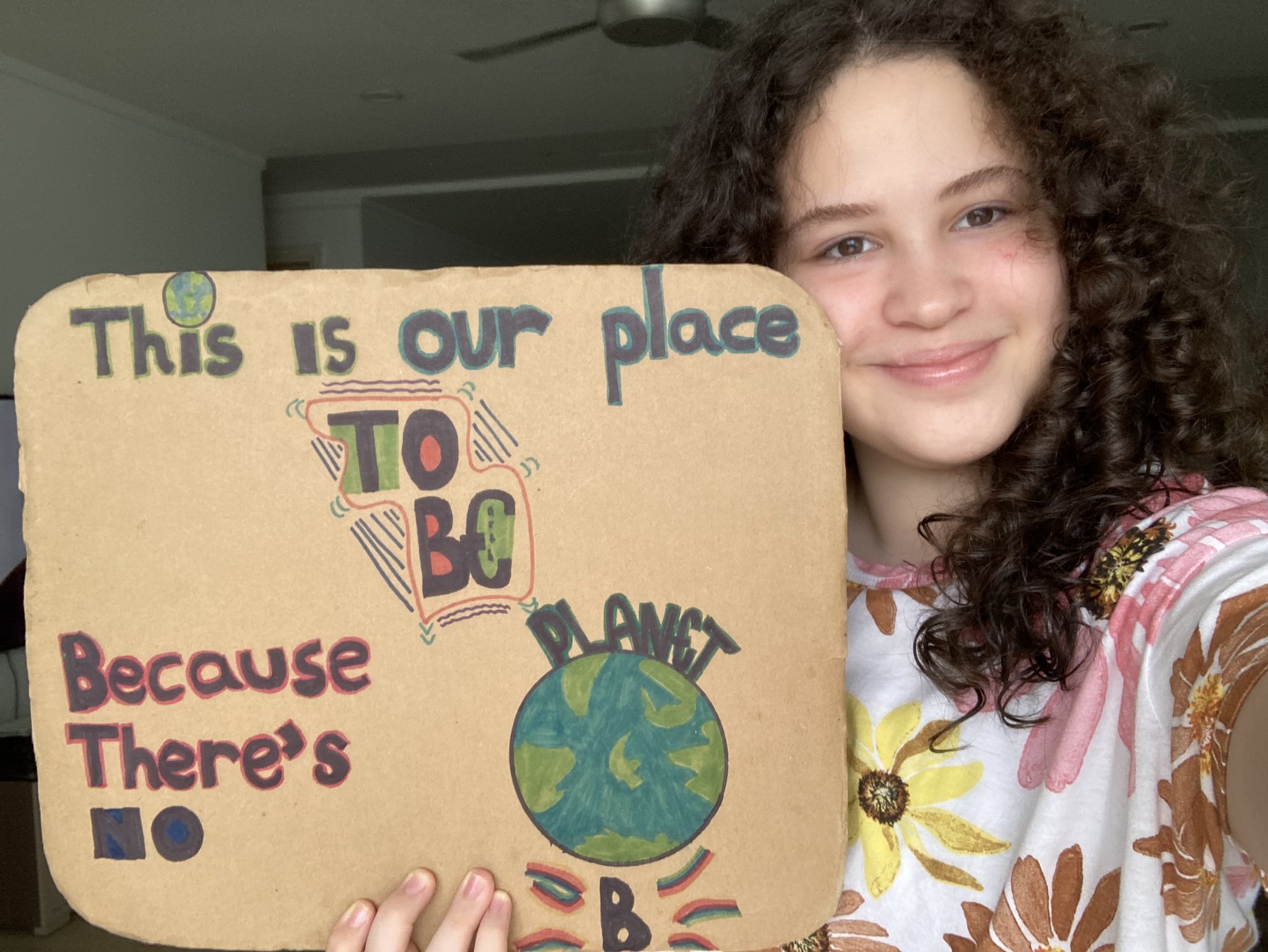After a day of school, 17-year-old powerhouse Jayla Jackson (she/her/hers) sat down with Channel Kindness to talk about her incredible work. Hailing from Georgia, Jayla is a poet, activist, podcast host, and lifelong learner. Over the summer, Jayla and her classmate, Emani Stanton, made headlines by becoming the first Black female pair to win Harvard’s prestigious International Debate Competition. Jayla spoke to Channel Kindness about her plans for the future, her mentors, and her outlook on how education, kindness, and activism can help solve conflict in the world.
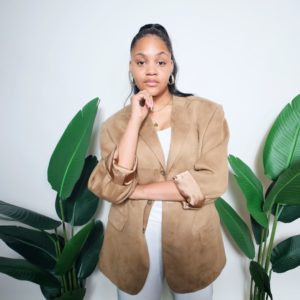
What motivates you each day to get up and do what you do?
Jayla: The biggest thing is the need for purpose. As humans, there is a lot that goes on without our control. There are many layers to the world that we live in — where do I fit into all of this? If we were to put our lives on a timeline with everything that has ever happened, our lives would be a little, small blip, and that can make you feel really small in the world. The question is, “What do I do with my time here?” From a young age, I always knew that I was going to leave my mark on the world and that I wanted to leave it a better place than I came into. There were things I did not like about society; there were things I felt like I could add to the world. Once you know, you have a responsibility with that information. That’s really where it comes from – my personal responsibility that I feel I just wanted to leave my footprint, essentially.
You participated in and spoke emotionally at the March On For Voting Rights rally in Atlanta, Georgia late this past summer. What advice would you give to young people who are interested in getting involved in activism, or just finding their passion, in general?
Jayla: I would say that scholarship is not a monolith, meaning — whatever medium you choose, you can do it to the best of your ability. Whether it is activism, sports, acting, or reading, for example. I am a bookworm, and I love anything academic. Be educated about what you do and be passionate about it. Find your medium, and do it to the best of your ability. If you are a young person, there are so many people who came before. Find people who have done it before, find people who have done something like it, and get connected. Ask for resources, and ask for help.
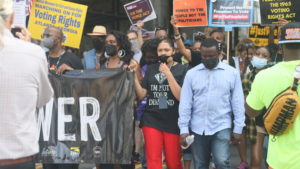
As someone who loves to read, do you have a favorite word?
Jayla: I do, actually! Whenever I find a new word, I keep it in a log, because I love elevating my vocabulary. My favorite word is “wanderlust,” and I love it because it’s so whimsical. I love the way it sounds.
Channel Kindness is focused on the power of storytelling, and how it can inspire others to share their stories. Poetry is a passion of yours – how long have you been writing poetry, and how does sharing your poetry with others help you?
Jayla: I’ve been a writer since I was little. I’ve always kept a diary. I didn’t start formal poetry until 5th grade – that’s when I really got into poetry. For me, poetry for me was an escape. Middle school is the time where you’re figuring out who you are – identity, race, religion, and for a young person who is naturally inquisitive, it’s challenging. You have a lot of questions and a lot of people can’t answer them the way that you are looking for them to do it. Poetry became my way to express my frustration, and to express my wants, my needs. I could create my own world with my words, and I think that was the most desirable part of it, because I could construct my own reality. It was freedom. I am a young, African-American woman, and being a Black woman in America or a young Black girl in America transitioning into a woman is an experience that is hard to put into words. When you find artists who are able to take words and capture the way you feel, it’s liberating. Someone can think, “Wow, I’m not the only one.” The feeling of not being the only one is one of the best feelings in the world, because it puts things in perspective. So, when things feel like, “Oh, it’s the end of the world,” which for teens, a lot of things feel like they are, it helps.
Where did your poise and confidence with public speaking originate?
Jayla: My parents have always influenced me to talk to them. If I have questions about the world, they want me to hear it from them first before the world teaches us and obstructs our point of view. My parents are the biggest authority figure in my life. If I feel comfortable enough discussing it with my parents, I feel comfortable enough discussing it with anybody, because now I have a foundation. When I started stepping into spaces like debate, it required confidence and required assertiveness for me to win. I think that a lot of kids can struggle with confidence, but I don’t think it’s because they don’t have anything to say. I think it’s because they don’t know how what they say will be perceived. When you come from a place of who you’re seeking validation from, it changes everything. I wanted validation from my parents. I wanted validation from those I look up to. When I won my international debate competition, I got the validation I needed and what I was looking for. A lot of times, we seek validation from people who can’t give us what we truly need. We are in the same world. We are both humans, we both were created.
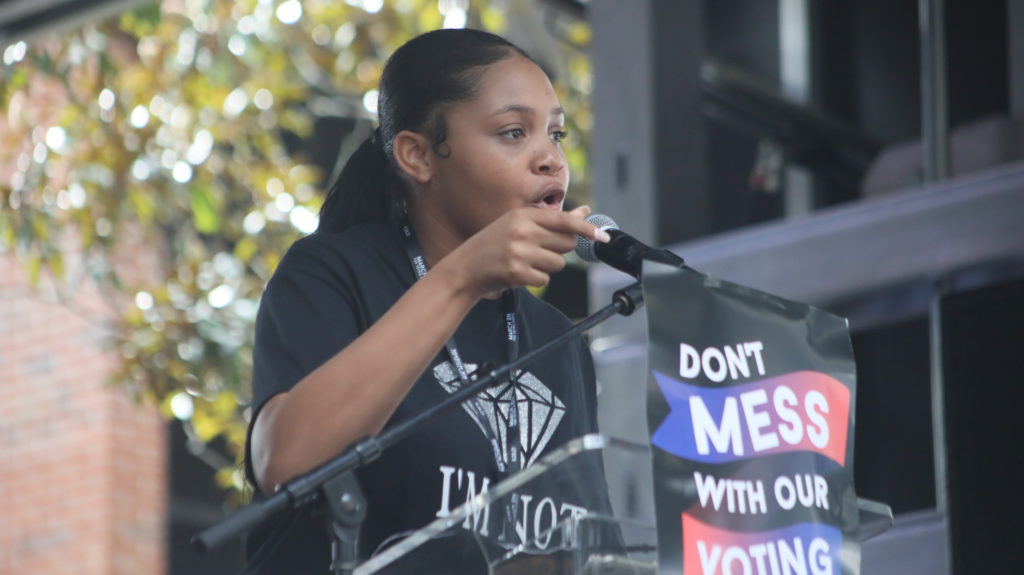
Along with your parents, who else do you consider to be your mentors?
Jayla: My family as a whole is very, very supportive. They support me in anything and everything. I can never thank them enough for that, and there are so many who don’t have that. I am so grateful for my family. Some mentors in my life have mainly come from my educational experiences. I went to the Ron Clark Academy when I was in middle school. This school is leading the revolution in education. We had a familial bond with a lot of our teachers. People such as Ms. Susan Barnes and Dr. Valerie Jones stand out. Also, Renita Burns, who worked at the front desk in my middle school, would say, “You are so powerful, and you inspire me.” It was such a confidence booster! Seeing people like that everyday, during such a crucial period, when you’re figuring out who you are, was so affirming. Also, I was part of the Harvard Diversity Project, and that’s where I met Mr. Brandon Fleming and Kellye Britton. They have done a lot just to help me grow. They taught me Debate, trained me in my rhetorical skills. Ms. Susan Barnes’ class taught me poetry, and I mix it with a lot of the skills that I learned in the Harvard Diversity Project. I try to do a blend of basic intellectual logic, and stylistic, lyrical poetry. I give all praise to them, and all the Glory to God for all of my accomplishments. I wouldn’t be here without them.
We would love to hear more about your Harvard International Debate Competition. How do you research topics so thoroughly?
Jayla: My personal style with research is to always start with the fundamental question. I learn information conceptually. One of my biggest critiques of the education system is that we teach students how to regurgitate information and how to memorize rather than have to understand conceptually. Even if I give a speech and I don’t remember anything that I wrote, if I know the concept, I can freestyle and still get my message across. I always start with fundamental questions – what is it, what is the origin of it, from there, as I start reading more, more questions are sparked. We see it as a certain way now, and what do the opposers see? What organizations are created who are fighting it? If it’s a solution or a policy, can this still stand in the 21st Century? I always try to go for primary source documents, because a lot of times you will have a source talk about a primary source document, but I never take someone’s interpretation. I always try to create one for myself.
How have your debate skills cultivated curiosity and empathy and shaped how you see the world?
Jayla: When you have a debate topic, there are two thoughts. There’s the affirmative and the negative. Either I agree with the resolution or I disagree with the resolution. When you argue both sides, it requires you to put yourself in someone else’s shoes and argue as if you were that person. I think about what the issue feels like for someone’s standard of living and quality of life. For example, if you are in an area where climate change is destroying the water and destroying the food, I imagine how that feels. It’s a totally different energy if I imagine that I am a single mother, living with my children, and I can’t put food on the table because of a decision the government made. I can argue with passion because I feel the sentiment of a mother, and my judges in the debate competition feel it also, because I have put it in a way that everyone can feel. I always try to open the heart and not the mind.
You are part of an amazing podcast team. Can you tell us more about it?
Jayla: I am so excited about my podcast! It’s called “The Scholar Social,” and I operate it with four other members who are also Harvard Diversity Project Scholars. Essentially, we are the bridge between intellectualism and teen life. We believe there’s a space for young people in the conversations around what goes on in our society. We dissect controversial topics, like cancel culture, religion and spirituality, colorism in the Black community, sexism, and sexuality. Anything you want to talk about, we say, “Let’s talk about it.”It’s our slogan. We love to dissect, we love to explore, and we have found that a lot of other teens like to do the same. Similar to the thought about scholarship not being a monolith, we define what it means to be a scholar. You don’t have to wear a uniform, you don’t have to come packaged a certain way – you can be whoever you are and still be educated. I have said this before, but if we read more, and if more people took pride in being an intellectual, I think that our world would be far more advanced, and we would have less issues. When you comprehend your place and someone else’s place, it allows for communication to flow so much more smoothly.
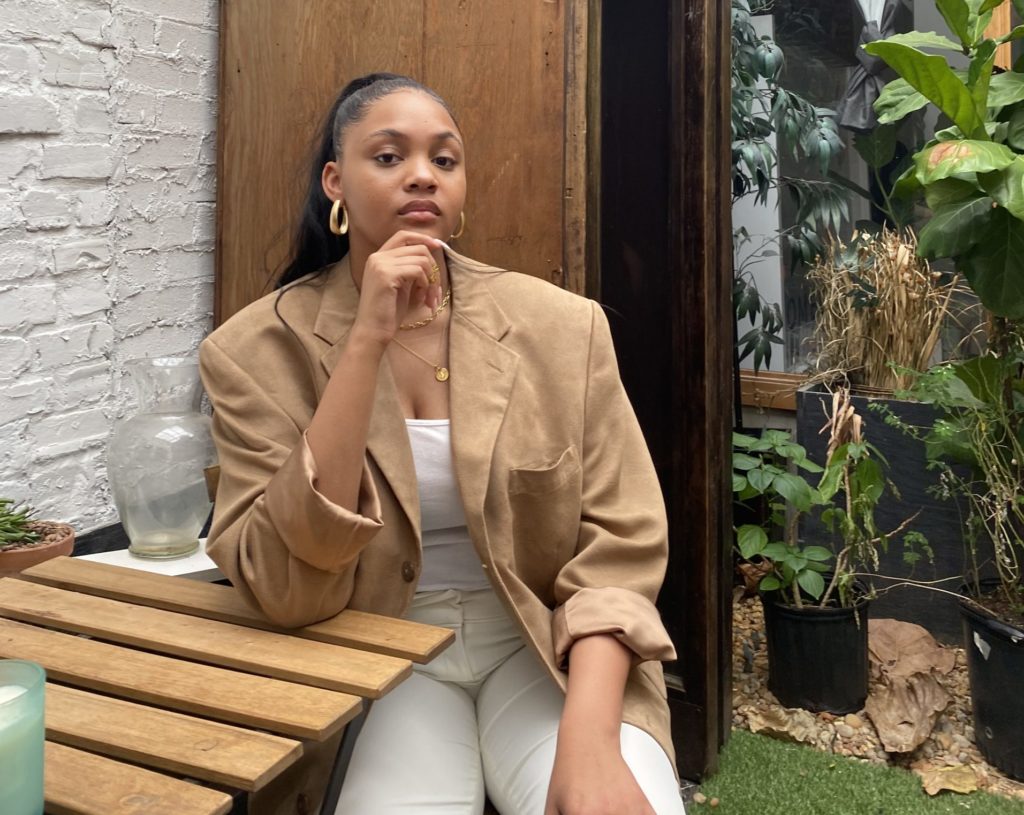
What do you envision comes next for you after high school?
Jayla: I definitely have a plan mapped out. When you have a general direction, it helps immensely. My dream school is Stanford, and I’m also looking to apply to dream schools like Harvard, USC, and UC-Berkeley. I’m also looking to apply to some Historically Black Colleges and Universities, such as Howard and Spelman. I am very open to a wide range of schools. I’m big on energy. If I visit your campus, if I see the courses offered, and I like the space, I am interested in going. It’s just where I position myself to do the most for my community. I plan on majoring in pre-Law with a concentration in Sociology, and then doing a minor in Education Administration. Going into law will definitely aid some of my activist work. I will always say this – it starts with education. I have an insatiable need to be educated. I just love knowing. I wish I could fit all of it in my brain. You need access to education and quality education, inclusive of not just science and math, but also the humanities. This should be a human right. Minoring in education administration will allow me to take my law, and my activism and bring it back to the hub of education. I think of it as a “pay-it-forward” process. I plan on being an activist, a philanthropist, working as an attorney, and producing content to do as much as I can for the world.
What does kindness mean to you, and what is one of the biggest acts of kindness you’ve received or given?
Jayla: I always think about Maya Angelou’s quote about not remembering what someone did, but you always remember how it made you feel. Intention rarely holds that much weight. You can intend not to hurt someone, not to offend someone, but if you did, your intentions are now not as important. I tell people I understand their intentions, but it happened, so what will they do about it? My mentor, Mr. Fleming, calls this the “heart work,” and there is a quote by Cornel West which says, “You cannot lead people you don’t love, and you can’t save the people if you don’t serve the people.” Anyone who says they want to be a leader has to come from the basic foundation of kindness. You need to stay connected to people with empathy and remember where you came from. The biggest act of kindness for me to describe would probably be random affirmations. Everything happens for a reason. It’s when people do something and aren’t looking for anything in return. They don’t gain anything from it, and that’s so beautiful. Those times when we purely do something because that’s how we truly feel, or we truly care for someone, even if it’s someone we’ve never met – that’s so amazing. When it is not required to love someone, and you’re still kind, it is more of a moral code. We choose kindness because we want to, because we need to, and we don’t do it because we feel obligated to, or because we are looking for something in return. This makes me feel so warm – these acts of kindness.




